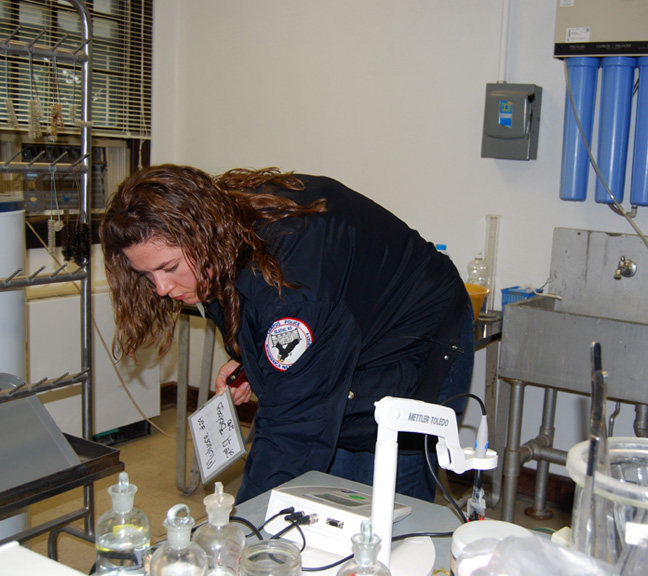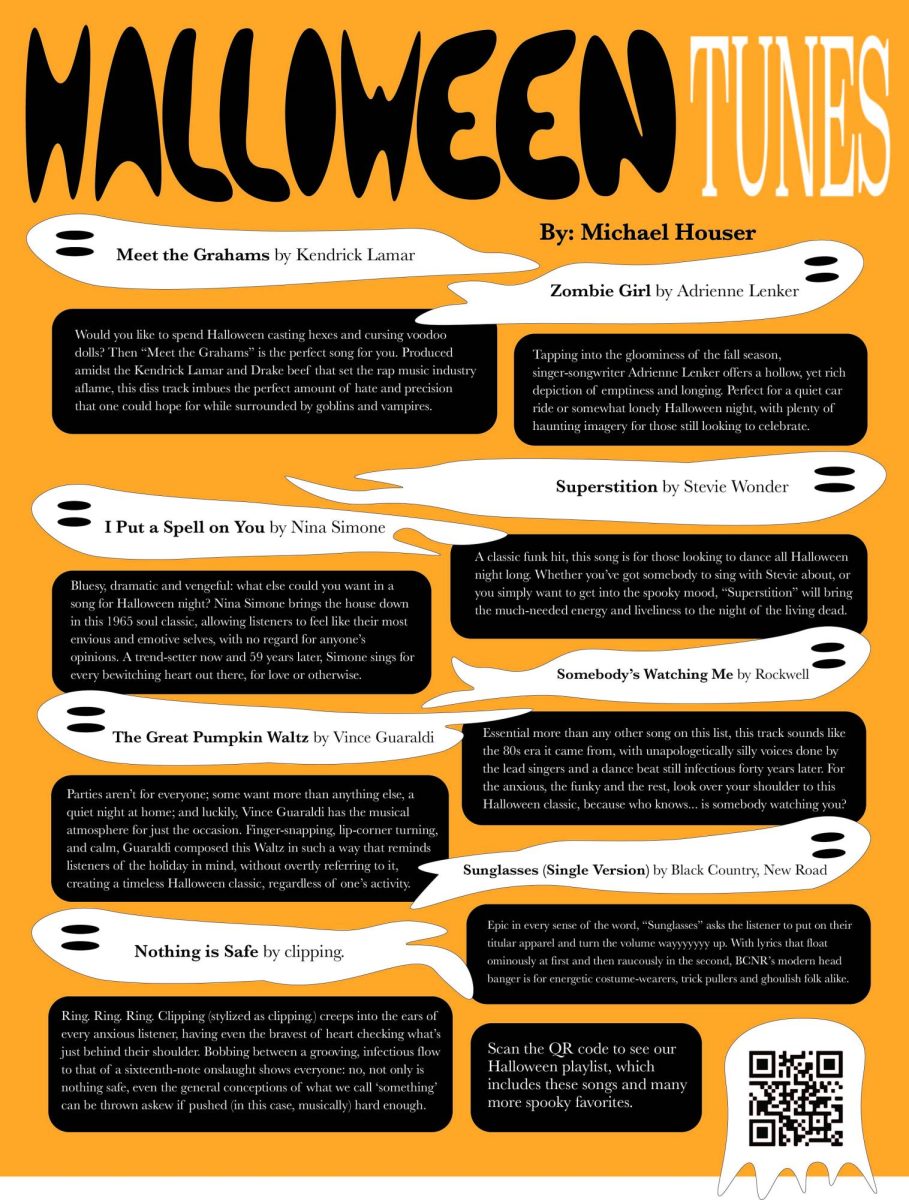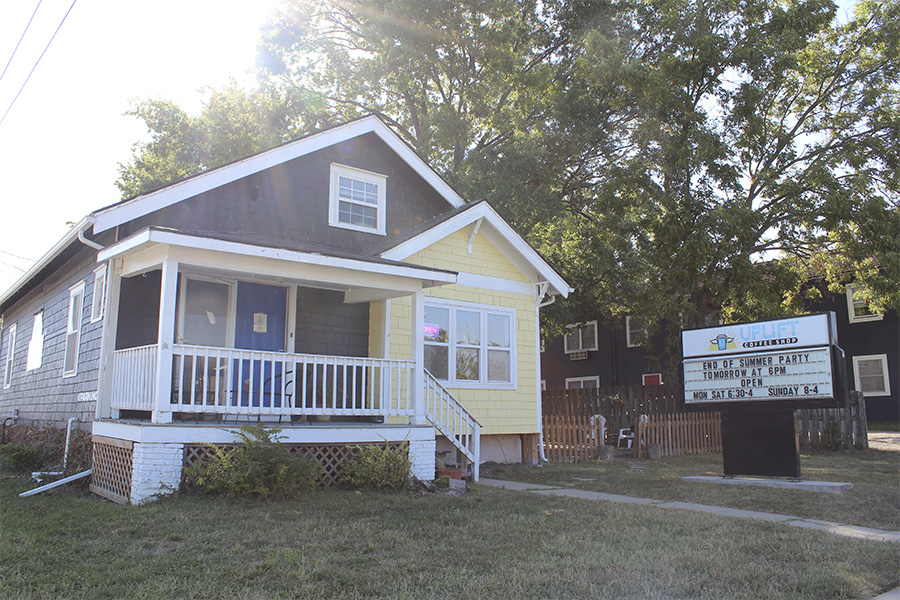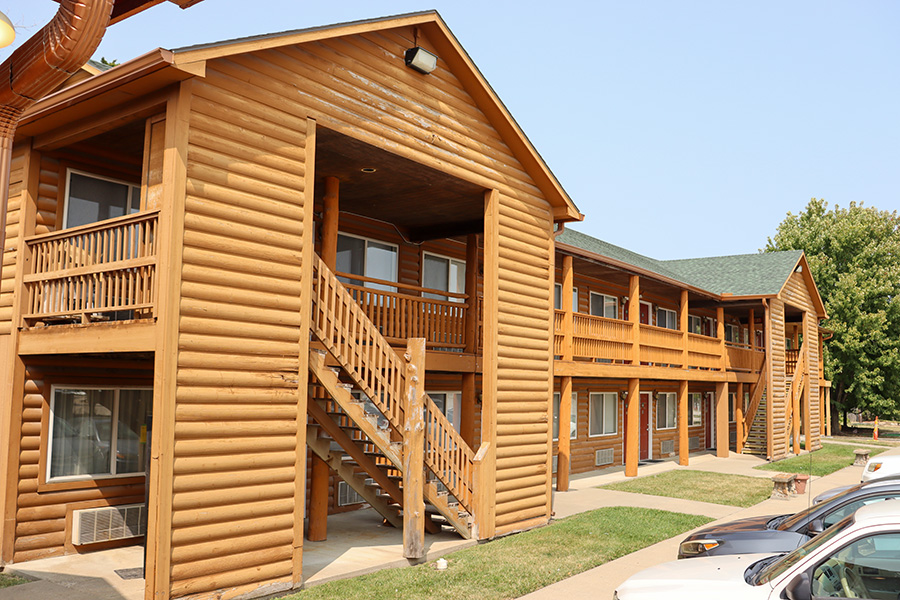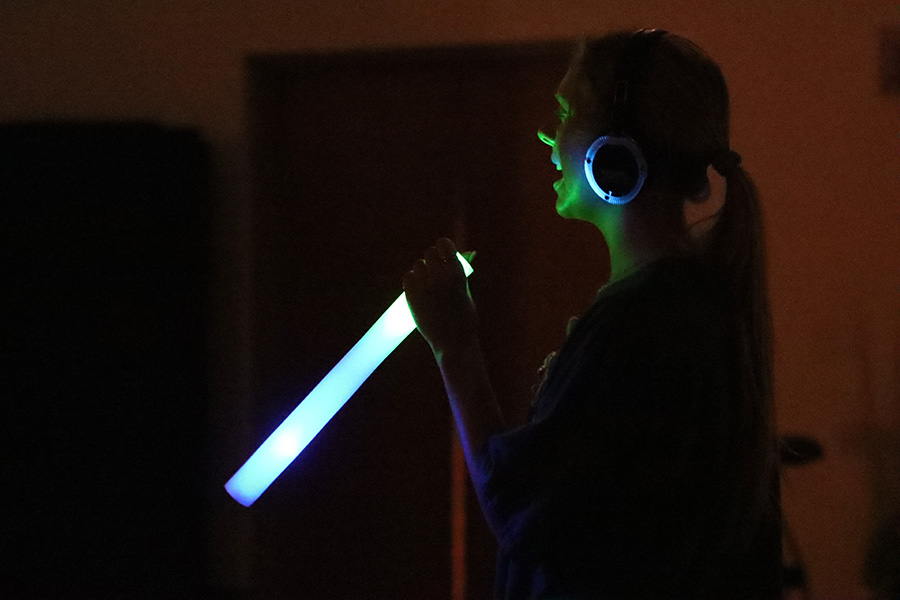The university opened its doors to the Environmental Protection Agency Oct. 7-9 for an environmental compliance peer audit.
Individuals from peer universities visited Baker to ensure chemicals are being stored correctly and dangerous items are being disposed of in proper fashion, among other things, Provost Randy Pembrook said.
“What happens is that the EPA, instead of taking on the responsibility of monitoring all the universities and checking for how they’re dealing with the environment, has come up with a plan where the universities identify individuals at each campus … and the people from the universities are the ones that go out and check to make sure (this is all taken care of),” Pembrook said.
Roger Boyd, director of natural areas, is one of the individuals from Baker who audits other institutions. Boyd was trained to do this last fall.
“The reason why this is coming up is … there really hadn’t been any training for university personnel, so our students weren’t really getting trained on how to deal with environmental compliance and safe handling of hazardous waste and so on,” he said.
After an audit is conducted, Boyd said after a university finds out what it's doing wrong, it has about two or three months to put everything in order and come up with a plan to prevent it from happening again. <br/>"It has been a very successful program," he said. "The way (the EPA) looks at is, how many fines do (universities) avoid, and it's in the hundreds of millions now.""It has been a very successful program," he said. "The way (the EPA) looks at is, how many fines do (universities) avoid, and it's in the hundreds of millions now."
“It has been a very successful program,” he said. “The way (the EPA) looks at is, how many fines do (universities) avoid, and it’s in the hundreds of millions now.”
Pembrook said Baker won’t receive an official report until November, but the university was told it was in good shape.
“The one thing we probably have to do is keep track of inventories of what people keep in their individual offices,” he said. “So, if somebody buys a can of spray paint and they store it in their desk, we’re actually supposed to keep track of everything like that on the entire campus. So we’re going to have to coordinate a little better among the faculty and staff.”
With this year’s theme of sustainability, Pembrook said the peer audit showed the same message.
“It just shows our commitment,” he said. “We spent a lot of time in the summer trying to make sure we removed things that wouldn’t be good for the environment. We told the group that visited that we wanted to hear everything they’re recommending and we plan on doing that so that we’ll have good practices for the future.”


